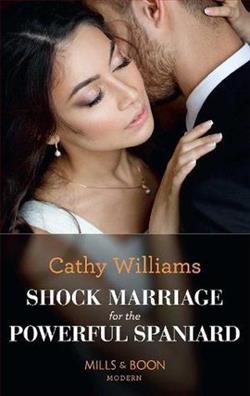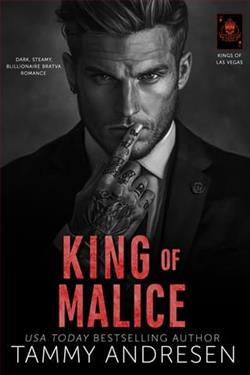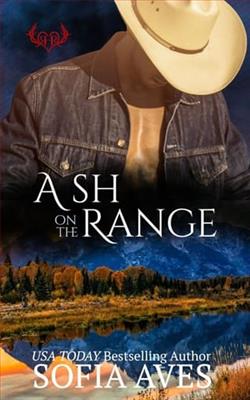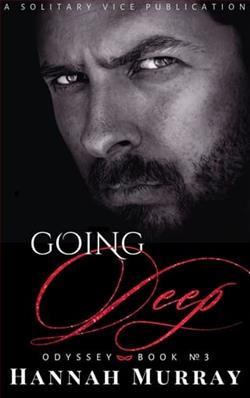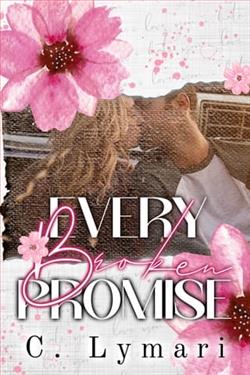Page 1 of The Road to Avalon
Chapter One
It’s late spring,and in the little wood behind the house the bluebells are already out in a thick azure carpet, their scent wafting down to me where I sit on the patio outside my open kitchen door. When I walked up there before breakfast this morning, with the dog running between the trees after squirrels, the little yellow stars of celandine and the white of wood anemones dotted the blue, but I can’t see that from here.
Swallows dart in and out of their nests under the eaves, swooping down to take inflight drinks of water from the trough in the paddock, and doves preen themselves and puff out their chests on the slate apex of the roof. Where the purple moorland comes creeping down the mountain, bright with golden gorse, a warbler calls and I think I hear a chiffchaff. Today, there are none of the usual raucous cries of gulls, blown inland from the nearby coast.
I glance up at the sky. Will it rain? With the mountain peaks clear of mist, and scarcely a cloud to be seen, it seems to promise a dry day, but you never can be sure with Welsh weather. Not to be relied upon. If I hang out the washing, I’ll have to be prepared to run and fetch it in again later.
But I’m too lazy to do my chores. The dog, Cabal, a shaggy wolfhound, sleeps by my feet on the sun-warmed flagstones, his ears twitching from time to time as though he’s dreaming. We have a suntrap here, and I’m as content as he is. I stretch out my jean-clad legs and take a sip of my coffee. Black and strong, the way I like it in the mornings.
And I remember.
*
We should neverhave taken Amhar with us to the Council of Kings at Viroconium. But when the messenger arrived bearing King Caninus’s invitation for Arthur to attend, Amhar happened to be with us in the Great Hall at Din Cadan. If he hadn’t been, would any of what followed have happened?
“Do I get to go this time?” Amhar asked, his voice edged with a defiance that was borderline rude. “Or is eighteen still too young? I remember you took Llacheu with you when he was younger than I am.”
Last time we’d gone, he’d pestered me to ask his father to let him come, but Arthur had been adamant. Fifteen was too young. Amhar would have to stay behind with Cei and learn from him how he coped with ruling Din Cadan, because one day he’d be doing it by himself. Amhar had so badly concealed his fury, Arthur had grown angry and ended up shouting at him.
I sighed. Why was Amhar always so surly? Probably because he was a teenager with a much older brother who seemed to do nothing wrong, and whom he unsuccessfully strove to emulate. The years of jealousy that had come creeping up to taint their relationship had gradually eroded the admiration Amhar had once had for Llacheu. A jealousy his brother, who’d never been jealous in his life, seemed quite unaware of.
Arthur shrugged. “Why not? Perhaps you’ll find the proceedings at the Council more worthy of your attention than you do the problems of our people here at Din Cadan.” He managed to sound as surly as Amhar, matching his scowl and going one up on it. He’d always been good at scowling, and Amhar had inherited it. He grunted. “I’ll leave Din Cadan in Llacheu’s capable hands.”
Four years ago, my stepson had finally married Ariana, the daughter of Anwyll, one of Arthur’s bravest warriors. Almost, but not quite, on the tip of a sword. She’d been pregnant at the time of their marriage, but had lost the baby a month later, and since then had been pregnant three more times, losing each baby after only three or four months. She’d made it to five months this time and we all hoped she’d be able to hang onto the baby long enough for it to have a chance to live.
With that sorted, the next day we left for the Council of Kings.
*
Viroconium stands ina curve of the Sabrina River close to the border between England and Wales. Not far off, the huge hill of the Wrekin rises from comparatively flat land, where, before the Romans came, the local British chieftain lived in a hillfort not unlike Din Cadan. To the west lie the mountains of Wales.
By Roman road in the mild weather of late spring, and not hurrying our horses, it took us nearly a week to cover the hundred and sixty miles from our home in Dumnonia. With Custennin a much more trustworthy ally than his father had been, we took only enough men to make certain no brigands would find us a tempting target.
And Amhar, of course. Poor boy, he’d never even been as far as Caer Baddan, our nearest large town. If you could dignify it with that title in its state of ever-increasing decay. Not that I wanted him going there.
Viroconium was a different basket of eels. The late afternoon sunshine bestowed on its towering walls a fake brilliance– until you got up close and saw the patches where the plaster had fallen away, and the stone and brickwork showed through. But nevertheless, compared with any other city or town in Britain, this was the jewel of the bunch.
Much about Viroconium, including its place as a trading hub, harked back to the days of the legions, when Britain had been a thriving colony. As though here, in this little corner of a barbarian world, Rome still maintained her tenuous hold.
The wide, Roman road we traveled had been busy for quite a while with wagons going to and from the city. People on foot jumped quickly out of our way, shooing before them pigs or sheep or cattle which had splattered the causeway with their droppings in an uncalled-for show of generosity. A man driving a wagonload of thatching reeds pulled by a pair of bullocks shouted at everyone to get out of his way, and three girls walked barefoot carrying baskets of spring flowers.
Amhar and I rode side-by-side, tucked in behind Merlin, Cei and Arthur at the front of our column of horsemen. I remember how his face had lost the surly expression he’d had plastered onto it for at least the last eight years and how suddenly he was my little boy again. A faint flush colored his pale cheeks, his mouth hung slightly open in wonder and his eyes grew wider with every sight.
One of the flower girls sidled up to offer him a posy. “For your lady love,” she said, with an exaggerated wink for a handsome young man, her hand on his for a moment too long to be by chance.
He took the posy of cowslips and violets with a blush that rose from his neck to his ears, and tucked it awkwardly into his sword belt. The girl flashed him a wide, seductive smile, and, with a shake of her dark curls, danced away after her friends.
“It’s big, isn’t it?” I said, pretending I hadn’t noticed his discomfort.
He grinned, the blush subsiding. “That’s a bit of an underestimation. I thought Caer Baddan was big, but this…” He shook his head. “D’you think evenRomecan compare with this city?”
I shrugged. Rome was a place neither of us were ever likely to see.
The road split into two at the double-arched gateway, people coming out through one arch and in through the other. On the far side, we found ourselves in the familiar, narrow streets of the city, every thoroughfare bustling with people going about their business. The buildings crowding on either side had achieved a patchwork appearance thanks to the deterioration of their once-tiled roofs. Now, thatch dominated, and some of the houses had either fallen down or been demolished. In their places stood lean-to animal sheds, workshops, vegetable gardens and pig sties, cheek-by-jowl with the houses of the wealthy and the tenements of the poor.
People crowded the narrow, raised walkways to either side of the streets. Women bustled in and out of awning-shaded shopfronts with their daily purchases, and men leaned on counters in open-fronted bars or ate street food on corners. Grubby children ran this way and that, spurning the walkways and steppingstones, the most daring snatching any food left unattended for a second. And dogs, pigs, chickens, geese and even the odd cow wandered here and there, adding their contribution to the general stench of animal droppings, woodsmoke, cooking food and garbage rotting in the gutters.
I doubted Rome could beat Viroconium for the sheer vitality of its seething streets.








